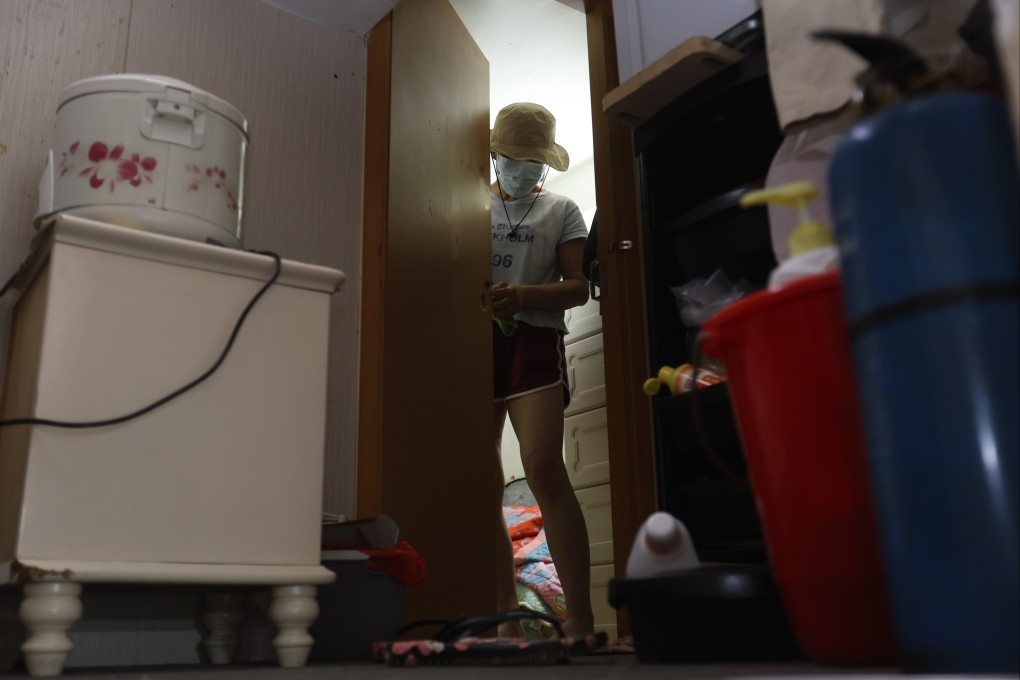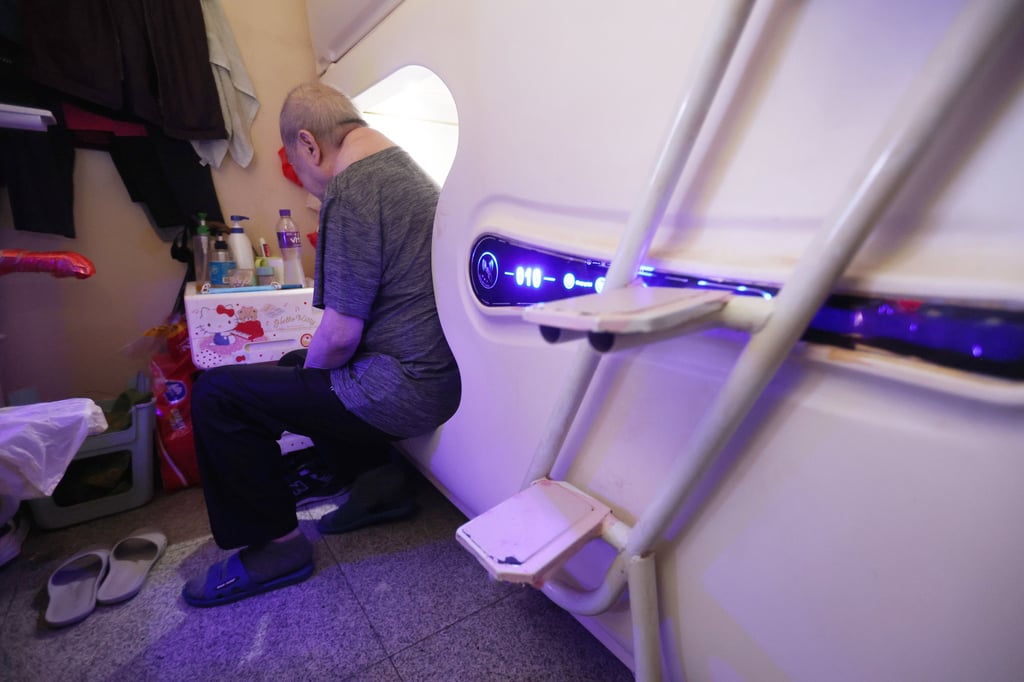Editorial | More affordable flats the only answer to Hong Kong’s subdivided shame
- Proposals to outlaw substandard dwelling places for city’s less well-off risk raising the rents of others who are forced to remain

Tackling the housing conundrum has been high on the agenda of successive governments, but the results up to now leave a lot to be desired. The latest step is to outlaw substandard dwelling spaces, while ramping up the supply of transitional public rental flats.
Whether long-standing woes may be resolved once and for all remains to be seen. But it will surely take better insight, stronger political will and more comprehensive policies to rise to the challenge.
Concern has been raised following the suggestion that a minimum size of 75 to 108 sq ft per unit may be imposed as part of the crackdown on subdivided flats, which are homes carved up by separating a property into tiny cubicles that are notorious for hygiene, safety and security hazards. A government task force is also expected to map out building, fire and hygiene standards by August, along with official measures to gradually eliminate poor quality units.
The proposals have raised hopes that there will be at least some minimum protection for the many people who often have no choice but to live in cubicles while they wait for government subsidised housing. But worries are growing that the rents of spaces may soar when the substandard units are gone.

It is said that the size restriction alone will affect no fewer than 10,170 units, accounting for 9.5 per cent of such accommodation.
Commendable as it is, the government risks failure with its commitment to eradicate substandard living spaces. While people who cannot afford decent accommodation may look forward to less appalling living conditions in future, those who are relatively better off, but still living in arguably unacceptable units by modern standards, will remain.
